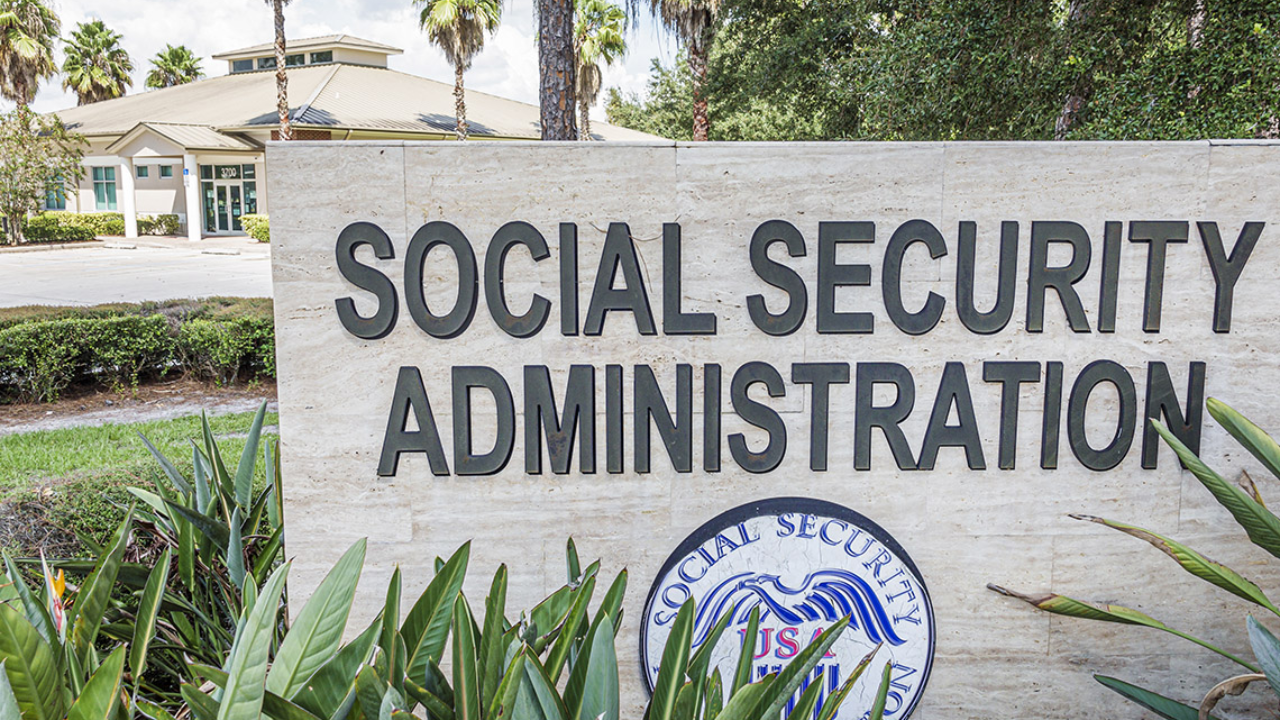Social Security’s Next Big Shift: How the Fairness Act Will Impact Your Benefits in 2025?
In a major development for Social Security beneficiaries, a new bill that could significantly change how benefits are calculated is moving through Congress.
The Social Security Fairness Act has passed the House of Representatives and is now on its way to the Senate, where it hopes to receive approval. If passed, it could help millions of Americans receive higher monthly payouts.
This bill has gained bipartisan support, which makes it a crucial step toward securing better benefits for many.
What Is the Social Security Fairness Act?
The Social Security Fairness Act, introduced by Democratic Representative Abigail Spanberger from Virginia and Republican Representative Garret Graves from Louisiana, is designed to repeal two federal policies that currently limit Social Security payouts for around 2.8 million Americans.
These individuals work in federal, state, and local jobs, and are affected by rules that reduce the Social Security benefits they would otherwise receive.
In a joint statement, the sponsors of the bill emphasized that the Fairness Act was created to support those who serve in jobs like police officers, teachers, firefighters, and other public service roles.
The bill aims to provide a more secure retirement for these workers, including spouses, widows, and widowers who have been denied benefits simply because they worked in public service careers.
What Provisions Are Being Repealed?

The Social Security Fairness Act focuses on repealing two provisions: the Windfall Elimination Provision (WEP) and the Government Pension Offset (GPO).
- Windfall Elimination Provision (WEP): The WEP is a rule that reduces Social Security benefits for people who have a pension from a job that does not withhold Social Security taxes. This provision currently affects around 2 million beneficiaries.
- Government Pension Offset (GPO): The GPO reduces Social Security spousal or widow(er) benefits for those who also receive pensions from non-Social Security-covered work. Nearly 800,000 retirees are affected by this rule.
By repealing both the WEP and GPO, the bill will prevent these provisions from reducing the benefits of workers who also have pensions, including spouses and survivors.
Why Is This Important?
The bill’s passage is important because it directly addresses how unfairly Social Security benefits are reduced for certain workers.
Many public employees, like teachers and police officers, pay into Social Security through their other jobs but are penalized when they try to claim their full benefits. The new law would eliminate these reductions, leading to higher payouts for affected individuals.
For example, those who qualify for a pension from a state or local government but also worked in a Social Security-covered job would no longer see their Social Security benefits cut under the WEP.
Similarly, spouses or survivors who receive government pensions would not see a reduction in their Social Security benefits, thanks to the repeal of the GPO.
The Impact on Social Security and Federal Deficits
While this bill promises to bring relief to millions of Americans, there is a downside. According to the Congressional Budget Office, the changes would cost the federal government $195 billion over the next 10 years.
This could further strain the Social Security trust fund, which is already facing a shortfall in the coming decades.
Despite these concerns, lawmakers like Representative Garret Graves argue that this bill is a necessary step in addressing the unfair treatment of public workers. Graves noted that it has been “40 years of treating people differently,” and now is the time to correct that.
Next Steps: The Senate and the President
Although the House has passed the bill, it still faces challenges before becoming law. The Senate will need to vote on the bill, and President Biden will need to sign it into law.
Efforts are already underway to ensure the bill moves forward with minimal delays. Sponsors of the bill have already met with Senate leaders, including Majority Leader Chuck Schumer and Minority Leader Mitch McConnell, urging them to support the bill.
As the bill moves to the Senate, millions of Americans are hopeful that the Social Security Fairness Act will pass, providing them with better benefits in their retirement years.
Note- Every piece of content is rigorously reviewed by our team of experienced writers and editors to ensure its accuracy. Our writers use credible sources and adhere to strict fact-checking protocols to verify all claims and data before publication. If any error is identified we promptly correct it and strive for transparency in all updates.

